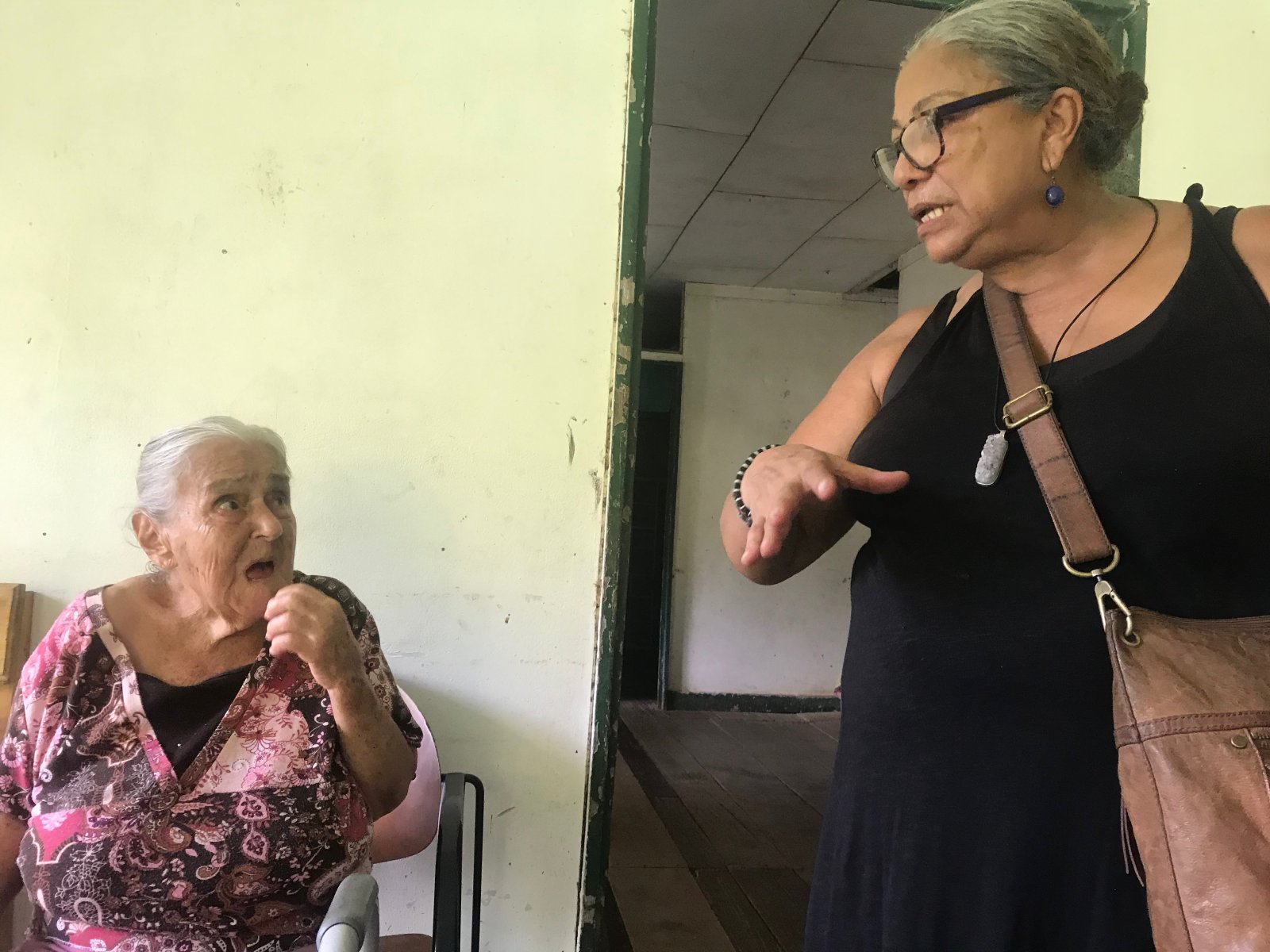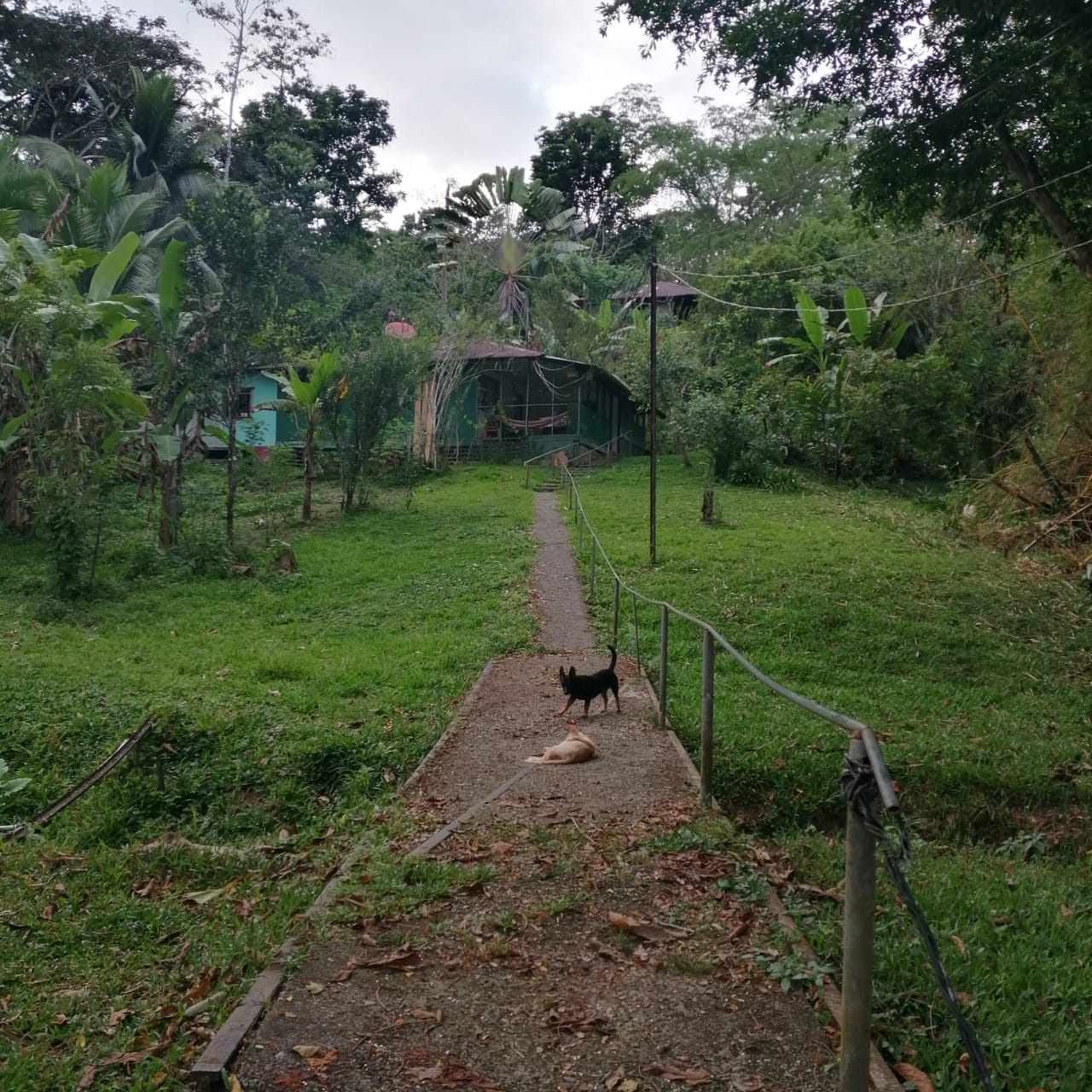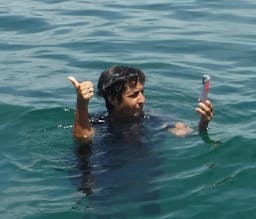Part 2: What is Mano Vuelta?
Aug 7, 2020
Story


“Mano Vuelta” pays homage to an ancestral ritual of the Bribri culture, which takes place when a person has given much to their community, and they lose their partner or a member of the family with whom they have cultivated their land. The community organizes help this person with their work, in spite of their loss. Mano Vuelta is a concept symbolizing that in order to give, you turn the palm of your hand downwards to hold what you are giving. But in order to receive, when you need help, you turn your empty hand upwards.
In this current campaign, with each of the families, we look at their productive activities in the past - or more recently in tourism - and evaluate what they need to regenerate these activities in today’s context with the coronavirus.
This context suggests that the reactivation of tourism might take longer than the health emergency in Costa Rica. In formal documents, the Mano Vuelta initiative declared: “The second largest problem, after the morbidity and mortality caused by a combination of COVID19 and other chronic diseases from which humans suffer, is the effect of globalization on the world’s social mobility, and due to that the impact of the virus has travelled by the principal means of transport in the world.” In this document, we recognize that localized attention by nation states through closure of borders and global means of transport, will take longer to reactivate after the health crisis is over. In particular, this includes international mobility, which will vary with different impacts of the virus from country to country.
Based on this statement, the strategy of donations due to the emergency includes an evaluation - family by family - of the ancestral cultural activities that have allowed these families to develop complementary ways of living during different times of their lives in the Southern Caribbean, before and after the tourism boom.
“Although the persistent myth is that today in the Southern Caribbean everyone lives off tourism, but this campaign is contributing to show that historically, the people of Talamanca have managed through difficult times by many different means, to live in a family economy or, in the case of the indigenous population, in a tribal economy," declared the founders of the initiative, the Embajador@s del Mar and their collaborators.




